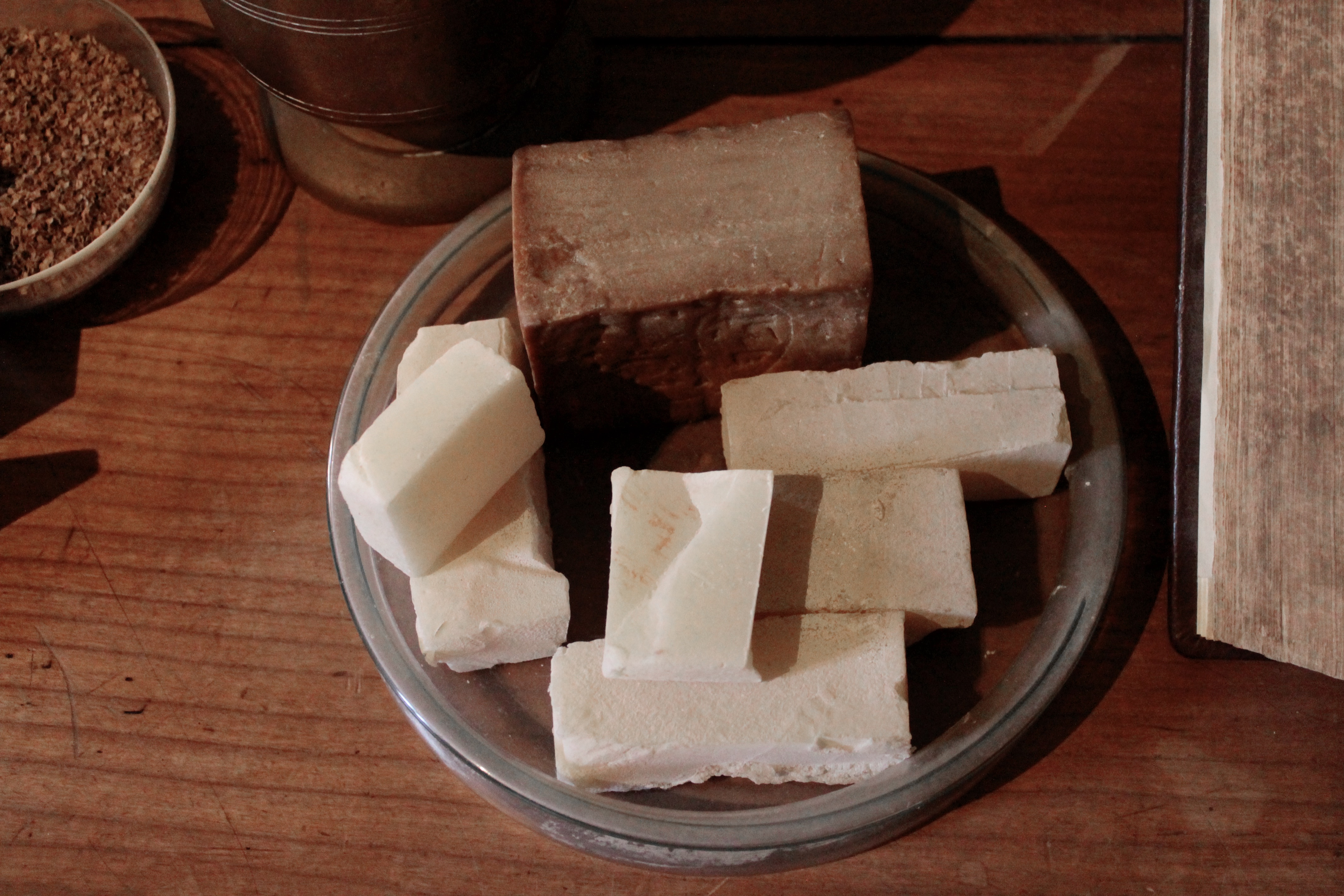Venice, 5 December 2022 – First, it was used in wool mills to refine the wool, but later it became a cosmetic product, thanks to a Venetian intuition. Famous for its quality and exported by the Serenissima all over the world, the so-called “Bianco di Venezia” was born in the lagoon and was one of the first soaps created for personal hygiene in the world. The Venetians discovered this soap in Aleppo when it was a simple product based on vegetable fats; after bringing it home, they decided to add scented essences and to slowly dry it away from the sun. This was how the first scented soap for personal hygiene was created: made with raw materials of the highest quality, it will be produced in Venice for centuries and exported to all routes of the Serenissima.
It is estimated that in the 16th century in Venice were active 40 saoneri, namely the artisans that made soap: gathered in a guild, they produced and exported several hundred tons of soap every year, both for “industrial” usage in the wool mills and a scented kind, with a more refined formula, for personal hygiene.
An art that was jealously kept by the Republic, which over the centuries developed a protectionist policy towards it: in order to preserve the quality of production and protect the category, since 1347 the Venetian authorities prohibited their merchants to export soap that was not produced in the Serenissima’s soap factories. In 1489, the Senate ruled that Venice would be the only soap manufacturer, and prohibited imports of foreign products throughout the territory dominated by the Serenissima. Moreover, all the soap produced in Venice was branded with a unique mark, provided by the competent authorities, and whoever tried to introduce counterfeited products was hit by severe punishment.
The soap produced in Venice was of excellent quality, because it used olive oil – which came to Rialto from the oil mills of Marche, Abruzzo and especially Puglia – and because the saoneri were very popular and well paid abroad. Due to the materials used, the “Bianco di Venezia” was solid and white, scented with all those essences on which Venice had the monopoly; on the other hand, the soap that was produced elsewhere, obtained using tallow and potash, was softer, darker and foul-smelling.
In 1550, the Senate criticized the exodus of workers abroad and tried to recall them home, promising them not to apply harsh sanctions, the ban and the loss of all assets, and in 1614 also proposed a pay raise. Nevertheless, it was not possible to prevent the crisis in this sector, conditioned by the changes in oil duty rates that pushed the Venetian soap out of the market.
In the 18th century, soap production would still be one of the most important items for export of Venetian manufactures with almost 500 tons, for an average value that was around 100,000 ducats, but the destination was almost exclusively constituted by the Venetian Stato da Tera.

